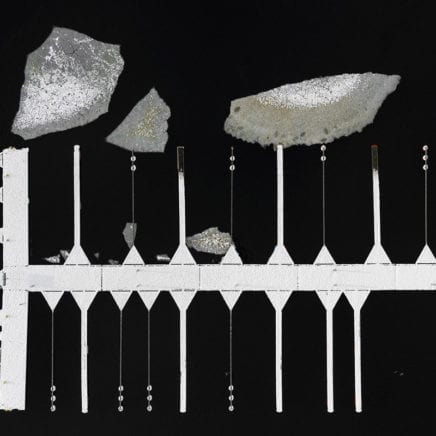
Marina Caneve: Are They Rocks or Clouds?
“I think what was really drawing me to Marina’s book was how it was animating this story of the mountains, their potential and actual destructive forces and how human lives are so dwarfed in the scale of that force yet so emotionally attached to life in the mountains.” – Sunil Shah










